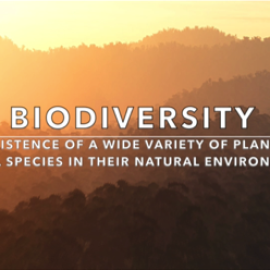
by Kimberley R. Williams
We are excited to present our signature video.
Read more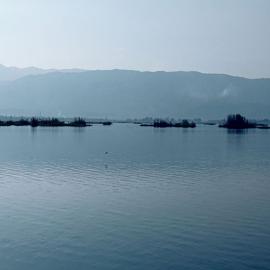
by Mohit Raj
Picture a lake where massive landmasses covered in shaggy green vegetation naturally generate over its surface. They have no base, yet still become so dense that they can bear not only the load of occupants,…
Read more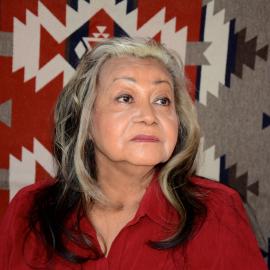
by Debra Denker
Growing up in Northern Alberta in the 1950s and 1960s, Cree Medicine Woman Nicole Gladu never dreamed that there would come a time when the rich sources of game that sustained her people would become scarce,…
Read more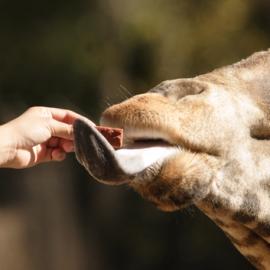
by Nathan Woosley
Four years ago, I was living with a couple of friends in Shenyang, Northeast China. We spent a lot of our time exploring old ruins, knockoff shops and other tourist traps throughout the industrial city.…
Read more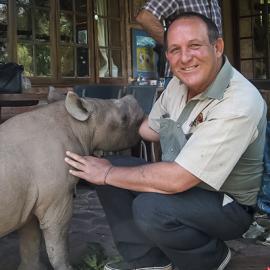
by Georgia Woodroffe
Johnny Rodrigues, Chairman of the Zimbabwe Conservation Task Force (ZCTF), is a key figure in Zimbabwean wildlife conservation. Despite the heroic labels that have been ascribed to his actions, Rodrigues…
Read more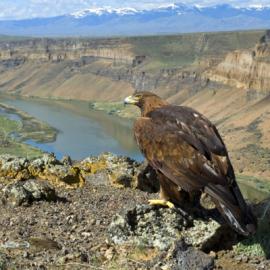
by Terence Hyland
Renewable energy provides an abundance of benefits: few carbon dioxide emissions, improved air quality, and the economic promise of new jobs. But even the most well-intentioned technologies can have unintended…
Read more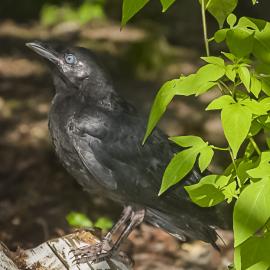
by Jennifer Calkins
The American crows in my Seattle neighborhood recognize me. I know this because they follow me, call when they see me, and peer at me through my window. They know me, because I have fed them before. They…
Read more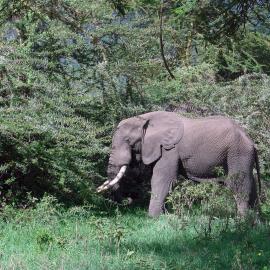
by Patty Shenker
In Africa, an elephant is killed every 15 minutes for his/her ivory. A normal day in countries like Rwanda or Zimbabwe ends up with about 96 elephants killed, all illegally, as the international trade…
Read more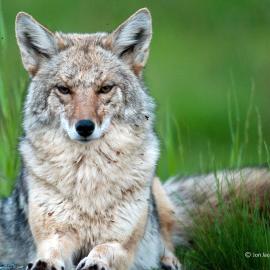
by Georgia Woodroffe
Since Europeans first set foot on the American continent, war has been waged against predators, with bounties and other lethal programs put on their heads. But, when a predator is no longer a threat, when…
Read more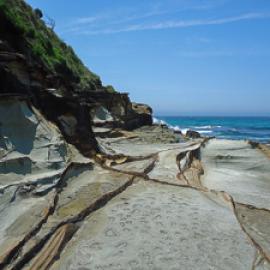
by Anne Kreller
Like other former British colonies, Australia has been part of the long international movement to create national parks. The first in Australia was created in 1879, and by 1967, the NSW Government had…
Read more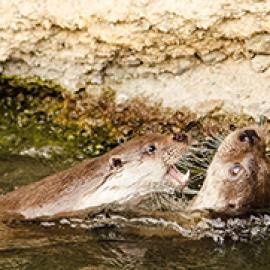
by Teresa Dovalpage
La nutria de río (Lontra canadensis) es un mamífero semi acuático grande y fuerte, que pertenece a la familia Weasal. Son muy sociables, juguetonas y tienen una energía aparentemente ilimitada, así que…
Read more
by Tara Waters Lumpkin
Formed in 1993 in Eugene, Oregon, the Western Environmental Law Center (WELC) states its mission as using “the power of the law to defend and protect the American West’s treasured landscapes, iconic wildlife…
Read more
